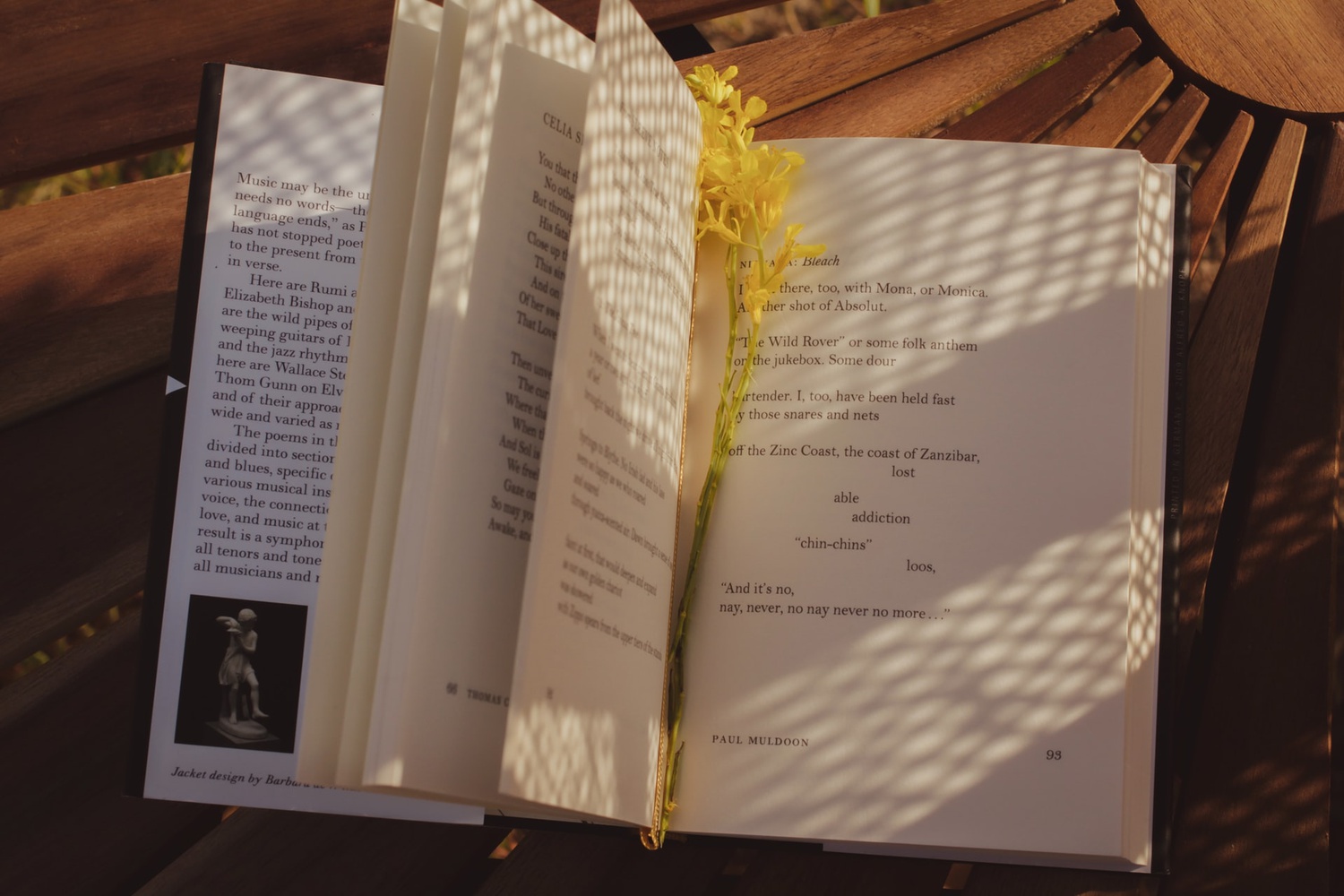
News
When Professors Speak Out, Some Students Stay Quiet. Can Harvard Keep Everyone Talking?

News
Allston Residents, Elected Officials Ask for More Benefits from Harvard’s 10-Year Plan

News
Nobel Laureate Claudia Goldin Warns of Federal Data Misuse at IOP Forum

News
Woman Rescued from Freezing Charles River, Transported to Hospital with Serious Injuries

News
Harvard Researchers Develop New Technology to Map Neural Connections
The Best Spring Reads for All Occasions

Spring has sprung! In Boston, it’s more like a second winter, but whether you prefer rainy grays or budding blooms, The Crimson has the best book recommendations for all your spring reading needs. Finals season might be getting you down, but these books are the perfect way to romanticize your life and relax with a good read. Not much of an independent reader? Here are some picks from a variety of genres to satisfy even the most discerning of bibliophiles.
For Romanticizing: Every spring reader should start with a romance. Flowers are blooming, the sun is out, and love is in the air. Romance sometimes gets a bad reputation for a lack of substance, but “Act Your Age, Eve Brown” by Talia Hibbert is full of intricate characters who confront complex familial and social issues, and plenty of swoon-worthy moments. While this book is the third in a series, it works well as a standalone novel. Plus, it is set at a bed and breakfast in England. Think: flowers, cobblestones, banter, and true love.
For When Prose Isn’t Enough: Nothing screams springtime like poetry. While Jericho Brown’s collection “The Tradition” leans heavily on flower motifs and imagery, these beautiful poems articulate the experience of a young, gay, Black man in America. It is a heart-stoppingly gorgeous collection about love, loss, safety, and worship told through a series of pastoral poems. Brown invented his own unique form of poem, the “Duplex,” which is featured heavily in this book. Even for those who don’t normally pick up poetry, this work by a Pulitzer Prize winner is worth a read.
For Rainy Days: For spring's more brooding, gloomy days, consider the spooky classic “Wuthering Heights” by Emily Brontë. This book has romance, but it is a lot more anguished and tortured than “Act Your Age, Eve Brown.” Get ready for rainy moors and high drama in this oldie-but-goodie about two families entwined in a cycle of love and violence. Sometimes spring isn’t just about the sunshine!
For Your Inner Child: For whimsy, magic, and a classic cadre of characters, consider reading (or revisiting) Lewis Carroll’s iconic “Alice in Wonderland.” The Disney animated movie is great, but nothing beats the original book in heart and absurd fun. The Audible audiobook narrated by Scarlett Johansson is a great way to read this book on the go: The actress gives each character a different fairy-tale voice that will conjure images of mushrooms, cheshire cats, and tea parties — a true spring wonderland.
For the Thespian: Reading Shakespeare in one’s free time is not for everyone, but anyone looking for a mental challenge and a relatively short play should check out “As You Like It.” The play is set in the forest of Arden (Trees! Plants! Spring!), and features a ton of cross-dressing and more than a few homoerotic undertones. While not typically considered the most complex of the Bard’s plays, it's a comedic crowd-pleaser featuring one of Shakespeare’s most actualized leading ladies. This is just a fun romp in the woods.
For the Intrigued: Someone who prefers to read non-fiction should look no further than Robin Wall Kimmerer’s “Braiding Sweetgrass: Indigenous Wisdom, Scientific Knowledge, and the Teachings of Plants.” Kimmerer, a member of the Citizen Potawatomi Nation, has spent her entire life and career learning from the knowledge of plants and animals. Her powerful book about reciprocity with the environment as a means to heal the climate is a particularly relevant read that outlines how capitalism and acquisitiveness have thrown the natural order out of balance. A spring book that will not only leave you with a wealth of knowledge about plants and their uses, but will change your perspective on giving back to the Earth — “Braiding Sweetgrass” is truly a masterpiece.
For Realists: Continuing the plant theme, the best realistic fiction novel for this spring is “The Overstory” by Richard Powers. Often lauded as an epic about trees, in which trees are the protagonists, this book combines history, science, and masterful storytelling to capture the reality of the world’s largest living organisms. Part fable, part paean to the natural world, Powers’ novel is both entertaining and powerful. This is a more dense choice, however, so be prepared to be reading this one into the summer.
For Surrealists: “This is How You Lose the Time War” by Amal El-Mohtar and Max Gladstone is a slim novel that packs a significant punch. Written in lyric, almost poetic prose, it tells the story of an epic battle through space and time between two mysterious fighters: Blue and Red. There is a lot of garden imagery, and the plot focuses on the cycle of renewal and destruction that spring symbolizes. Nature is both the message and the medium in this twisty, surreal work of fiction.
Want to keep up with breaking news? Subscribe to our email newsletter.
